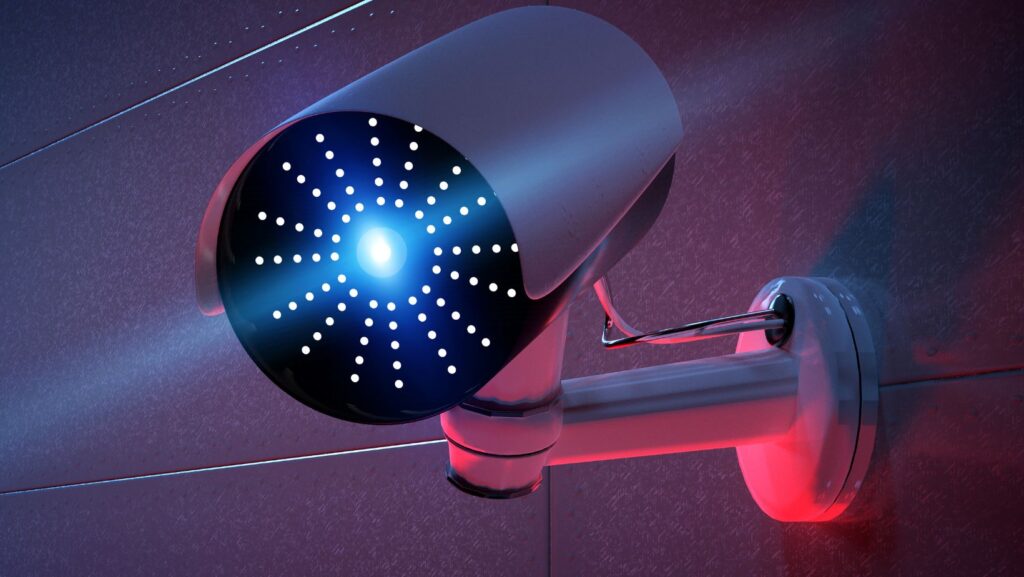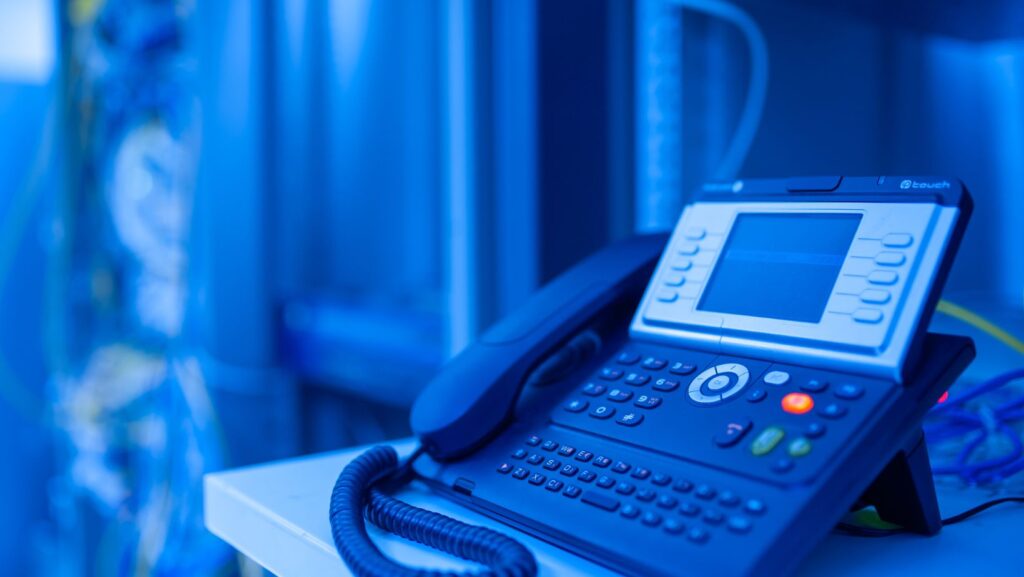In today’s world, safeguarding a business isn’t just about locking the doors at closing time. It’s about implementing robust, reliable alarm systems that offer round-the-clock protection. This piece explores the world of business alarm systems, a crucial aspect in today’s security-conscious environment. Stay tuned to unlock the secret to a safer business environment.
Alarm Systems for Business
 The significance of alarm systems for businesses isn’t merely about theft deterrence. It expands to cover myriad aspects, from safeguarding business assets to ensuring employee security. A robust alarm system acts as a guard, offering protection any time of the day, reinforcing the premises’ safety.
The significance of alarm systems for businesses isn’t merely about theft deterrence. It expands to cover myriad aspects, from safeguarding business assets to ensuring employee security. A robust alarm system acts as a guard, offering protection any time of the day, reinforcing the premises’ safety.
Additionally, diverse alarm features prove beneficial for businesses. Motion detectors, for example, sense unauthorized activity, maintaining stringent security protocols. Surveillance cameras provide visual evidence, aiding in legal situations, if it arises. Alarm systems also hold a psychological benefit, instilling a sense of security amongst employees, cultivating a productive working atmosphere.
Moreover, alarm systems can potentially prevent internal theft. Team members are less likely to commit theft if they’re aware of active alarm systems. Thus, having one in place curbs such dishonest actions.
Lastly, insurance companies often offer discounts on premiums for businesses with professionally monitored alarm systems. Businesses not only ensure safety but also enjoy financial benefits, illustrating the manifold significance of alarm systems in the business realm.
Minimizing Business Losses Through Alarm Systems
 Alarm systems serve an essential function, diminishing business losses due to asset misappropriation – from expensive equipment theft to office supply misuse. They function non-stop, surveilling every corner, and triggering loud warnings upon suspicious activities. Sophisticated versions even notify law enforcement agencies automatically, strengthening loss prevention methods. Examples include intrusion detection systems, access control mechanisms and high-end video surveillance systems.
Alarm systems serve an essential function, diminishing business losses due to asset misappropriation – from expensive equipment theft to office supply misuse. They function non-stop, surveilling every corner, and triggering loud warnings upon suspicious activities. Sophisticated versions even notify law enforcement agencies automatically, strengthening loss prevention methods. Examples include intrusion detection systems, access control mechanisms and high-end video surveillance systems.
Moreover, these robust systems quell unauthorized access, keeping trade secrets under wraps. They successfully alleviate the risk of intellectual property theft, which in 2019 alone cost American firms an estimated $600bn, according to a report by the Commission on the Theft of American Intellectual Property.
Alarm systems also contribute to maintaining business continuity. Unforeseen circumstances, from natural disasters to power blackouts, can induce operating disruptions. Contemporary alarm systems incorporate features like fire and smoke detectors, sensors to detect flooding or drastic temperature changes, ensuring businesses stay prepared and can counter such disruptions promptly, sustaining minimal damage.
Types of Alarm Systems for Businesses
 Addressing the vast array of business alarm systems, three stand as most frequently employed: intrusion detection systems (IDS), access control alarm systems, and environmental monitoring systems. IDS, including features such as door/window contacts, glass break detectors, and motion detectors, offer an exemplary defense against unauthorized entries. For businesses with restricted areas, access control alarm systems become crucial. They mandate authorized permissions, restricting entry based on employee credentials such as key cards or biometric data.
Addressing the vast array of business alarm systems, three stand as most frequently employed: intrusion detection systems (IDS), access control alarm systems, and environmental monitoring systems. IDS, including features such as door/window contacts, glass break detectors, and motion detectors, offer an exemplary defense against unauthorized entries. For businesses with restricted areas, access control alarm systems become crucial. They mandate authorized permissions, restricting entry based on employee credentials such as key cards or biometric data.
On the other hand, environmental monitoring systems detect threats to physical assets or infrastructure. These systems monitor parameters like temperature, humidity, and water leaks, alerting businesses in case of fire, flooding, or damaging temperature fluctuations. Consequently, through a suitable blend of these systems, businesses can bolster their security, safeguard their personnel, and protect their assets, contributing effectively to continued operations and minimized disruptions.
Installation and Maintenance of Business Alarm Systems
Choosing the right alarm system for a business is just the first step. It’s the installation and regular maintenance that’ll ensure the system’s effectiveness in the long run. Whether it’s an IDS, access control, or environmental monitoring system, professional installation guarantees it’s working as intended. Regular maintenance, on the other hand, ensures the system remains reliable, catching potential issues before they become a threat. So, while the initial investment might seem steep, it’s a small price to pay for the peace of mind and security these systems provide. Remember, a well-secured business isn’t just about preventing theft, it’s about ensuring a safe, productive environment for everyone involved. And that’s an investment that’ll always pay off.



